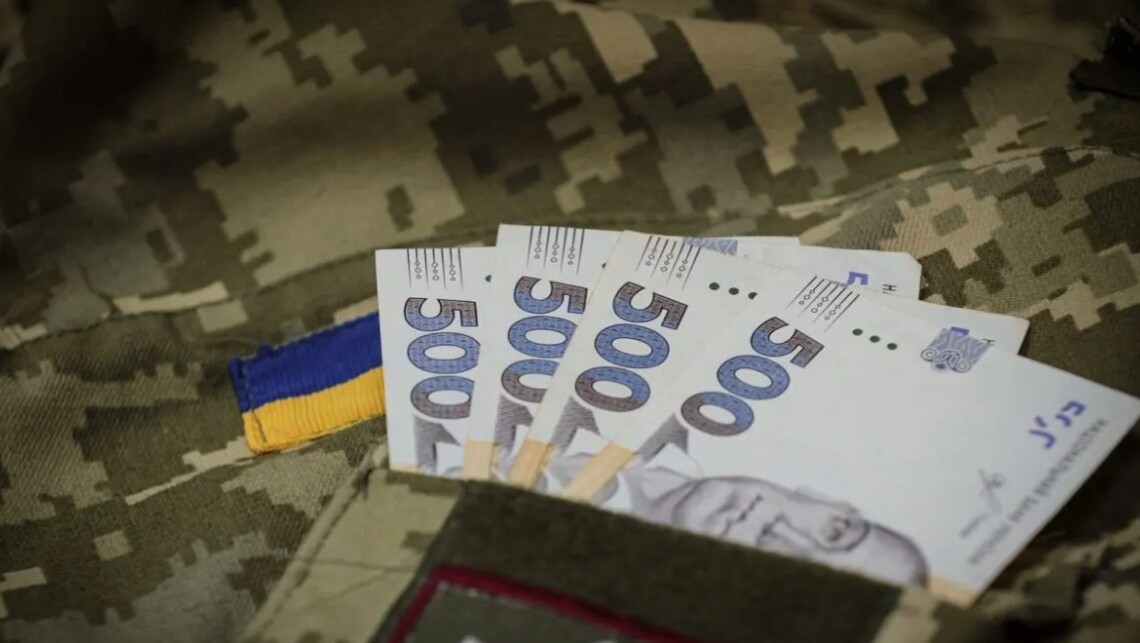“We have been forgotten again”: veterans and families of the fallen oppose new amendments
17 June 14:35
Since October last year, MPs have not been able to pass the draft law “On Veterans’ Entrepreneurship,” which would have given yesterday’s fighters – most often people with disabilities, as well as their family members and even widows – the opportunity to start their own business in civilian life. Since then, important provisions have disappeared from the draft law, and what has been added is not in favor of veterans and their families. What metamorphoses have taken place with this bill, "Komersant Ukrainian" found out.
In the first reading, the bill provided for state support not only for those who returned from the front, but also for their families and relatives of fallen defenders. A number of benefits were even proposed, including
- tax incentives;
- priority involvement of veteran enterprises in scientific, technical and socio-economic programs;
- preferential treatment of veteran-owned enterprises in supplies for state and regional needs;
- assistance in promoting goods, works, services, and intellectual property to foreign markets;
- lending programs and partial compensation of interest rates on loans;
- simplification of permitting procedures for state supervision, obtaining permits and reducing the timeframe for their implementation;
- promoting and encouraging the introduction of the latest technologies in veteran-owned businesses.
However, even before the draft law was adopted in the first reading, the Federation of Employers of Ukraine expressed reservations about the risks of granting the status of “veteran-owned business” to companies that are not de facto such. According to draft law No. 10258, any company with 60% of its employees being combatants or their relatives will be granted the status of a “veteran business.” This means that any company with, say, three employees, two of whom are combatants or their relatives, can receive this status.
“The draft law does not contain any restrictions on the number of such businesses or their scale. That is, relatively speaking, any large or ultra-profitable business can be re-registered to the UBD or their relatives and, accordingly, receive all forms of state support provided by the draft. In fact, this opens the way for any enterprise to easily obtain the status of a “veteran business,” turning veterans into puppets in the hands of businessmen and opening up a wide field for abuse in terms of preferential access to grants, public procurement, gambling, trade in excisable goods, including alcohol and tobacco, etc. All this will lead to discrediting not only veterans but also the idea of entrepreneurship in general,” the Federation said.
These comments were heeded, and the last version of the law removed the right to run a veteran business for the families of the victims. And according to the MP who made the relevant amendments, only 100% veterans should open a business. That is, if in the first reading the draft law met the needs of veterans and their families by 90%, and the remaining 10% were to be finalized for the second reading, now everything has been changed, the Business Association of Defenders of Ukraine Kolovorot Arey noted.
“A neutered version of the law was submitted to the committee, which does not suit veteran entrepreneurs at all. Without public discussions and involvement of the veteran community, changes were adopted that negate most of our work,” said Taras Leliukh, head of the NGO “Business Association of Defenders of Ukraine Kolovorot Areyiv”.
Relatives of the fallen soldiers were outraged because they will not be able to use state support to continue the work of their sons, husbands, fathers, or even start their own.
Poltava’s veteran community proposed compromise solutions:
- give at least one of their relatives the right to run a business;
- return to the 60/40 or 80/20 model;
- not to exclude families from the recovery process.
There is no need to talk about how important it is to return veterans to a full life, to give them the opportunity to work and live in dignity. Everyone understands this. At the same time, it is important to support the families of the fallen defenders who do not give up and want to work for the good of the country, says sociologist Valentyna Solonenko.
“Today, more than ever, we need to show veterans and their families that they have not been abandoned, that they will be helped – and this should have been done yesterday. But, unfortunately, everything is being delayed. And veterans face difficulties, bureaucracy and lack of understanding of their problems. They need real financial support from the state, because most of them do not have the start-up capital without which it is difficult to start a business. Even to set up a kiosk, you need money. But these programs are very complicated. Currently, there is no effective tool to support entrepreneurs who are currently at war, as well as to support businesses whose employees have joined the defense forces and who continue to support such people, including after they receive veteran status,” the sociologist says.
The Committee on Social Policy and Protection of Veterans’ Rights, considering the draft Law of Ukraine on Veteran Entrepreneurship (Reg. No. 10258), decided that the working group would continue to finalize it for the second reading.
Author: Alla Dunina









